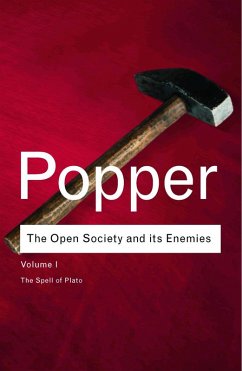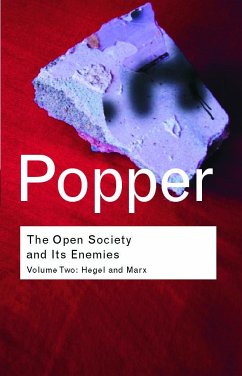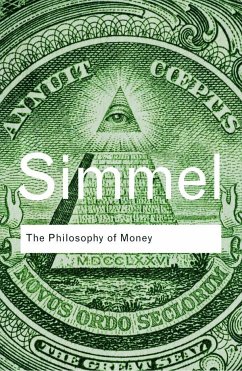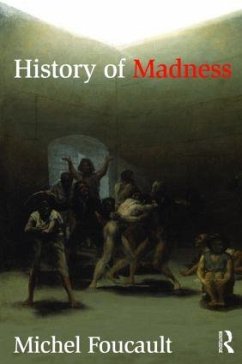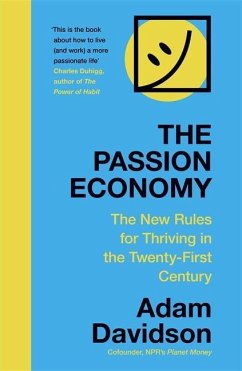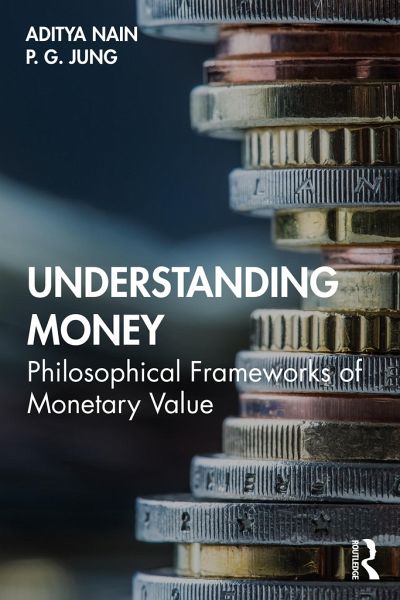
Understanding Money
Philosophical Frameworks of Monetary Value
Versandkostenfrei!
Versandfertig in 6-10 Tagen
42,99 €
inkl. MwSt.
Weitere Ausgaben:

PAYBACK Punkte
21 °P sammeln!
This book offers a novel understanding of money by moving away from the dominant lens of economics through which it is usually seen.In contrast to the economic frameworks of "money", the volume examines philosophical discourses on money through conceptual frameworks that explain how monetary value manifests in various empirical monetary systems. It showcases how the increasingly abstract nature of the objects that stand proxy for money could be conceptualized ontologically, highlighting the predominance of digital money today, as well as contemporary monetary innovations such as cryptocurrenci...
This book offers a novel understanding of money by moving away from the dominant lens of economics through which it is usually seen.
In contrast to the economic frameworks of "money", the volume examines philosophical discourses on money through conceptual frameworks that explain how monetary value manifests in various empirical monetary systems. It showcases how the increasingly abstract nature of the objects that stand proxy for money could be conceptualized ontologically, highlighting the predominance of digital money today, as well as contemporary monetary innovations such as cryptocurrencies like Bitcoin.
Provocative, yet grounded in a sound theoretical framework, this book will be of interest to scholars, students, and teachers interested in money or monetary value, across various domains and disciplines such as philosophy, economics, sociology, anthropology, finance, science, and technology studies, as well as the interested general reader.
In contrast to the economic frameworks of "money", the volume examines philosophical discourses on money through conceptual frameworks that explain how monetary value manifests in various empirical monetary systems. It showcases how the increasingly abstract nature of the objects that stand proxy for money could be conceptualized ontologically, highlighting the predominance of digital money today, as well as contemporary monetary innovations such as cryptocurrencies like Bitcoin.
Provocative, yet grounded in a sound theoretical framework, this book will be of interest to scholars, students, and teachers interested in money or monetary value, across various domains and disciplines such as philosophy, economics, sociology, anthropology, finance, science, and technology studies, as well as the interested general reader.





